A report from the charity Oxfam revealed that the world’s top five billionaires doubled their wealth in the same time it took for the world’s poorest 60% to lose a combined $1.5 trillion.
Wealth Disparity Unveiled
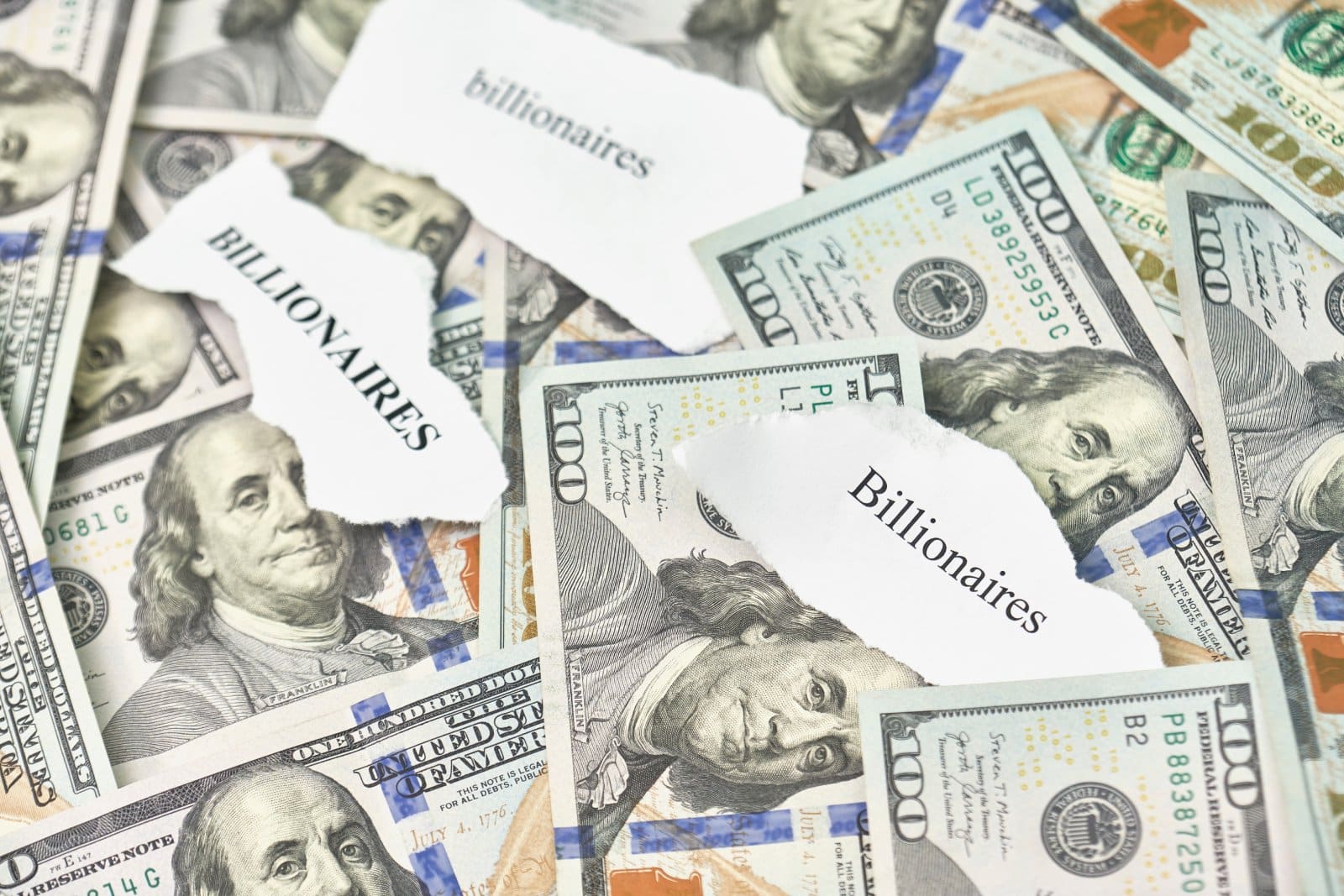
Oxfam’s report reveals that the world’s five wealthiest individuals have increased their wealth by over 200% to $869 billion since 2020.
First Trillionaire on Horizon

According to the reports, the world could have a trillionaire for the first time ever in as soon as the next ten years.
Oxfam’s Alarming Findings
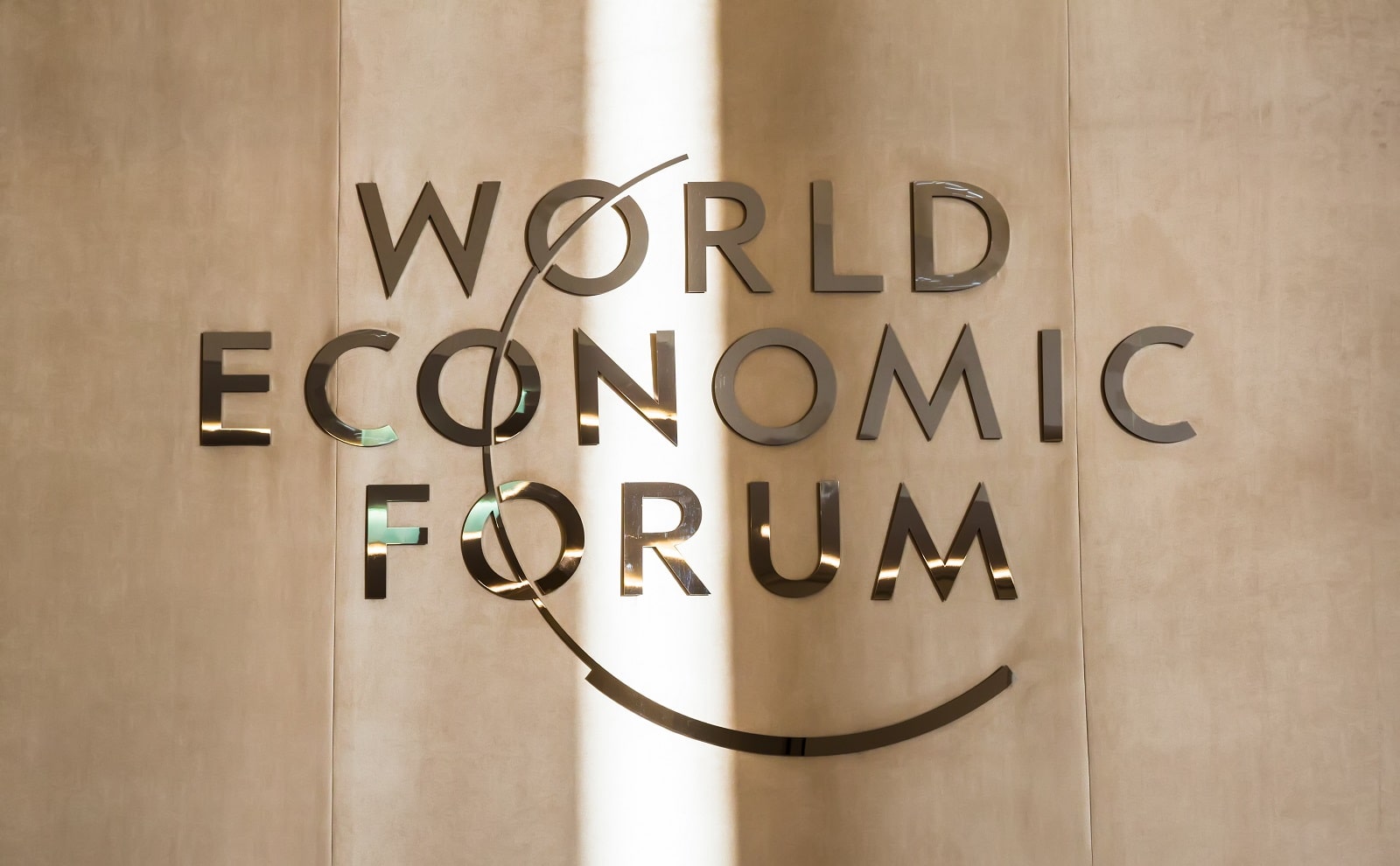
After the annual World Economic Forum meeting in Davos, the report revealed the alarming contrast between the world’s richest and the world’s poorest 60%.
The Poor Are Getting Poorer

The report also noted that the world’s poorest 60% have experienced financial losses in the time it took for the super-rich to get richer.
Report Reveals Extent of Wealth Gap
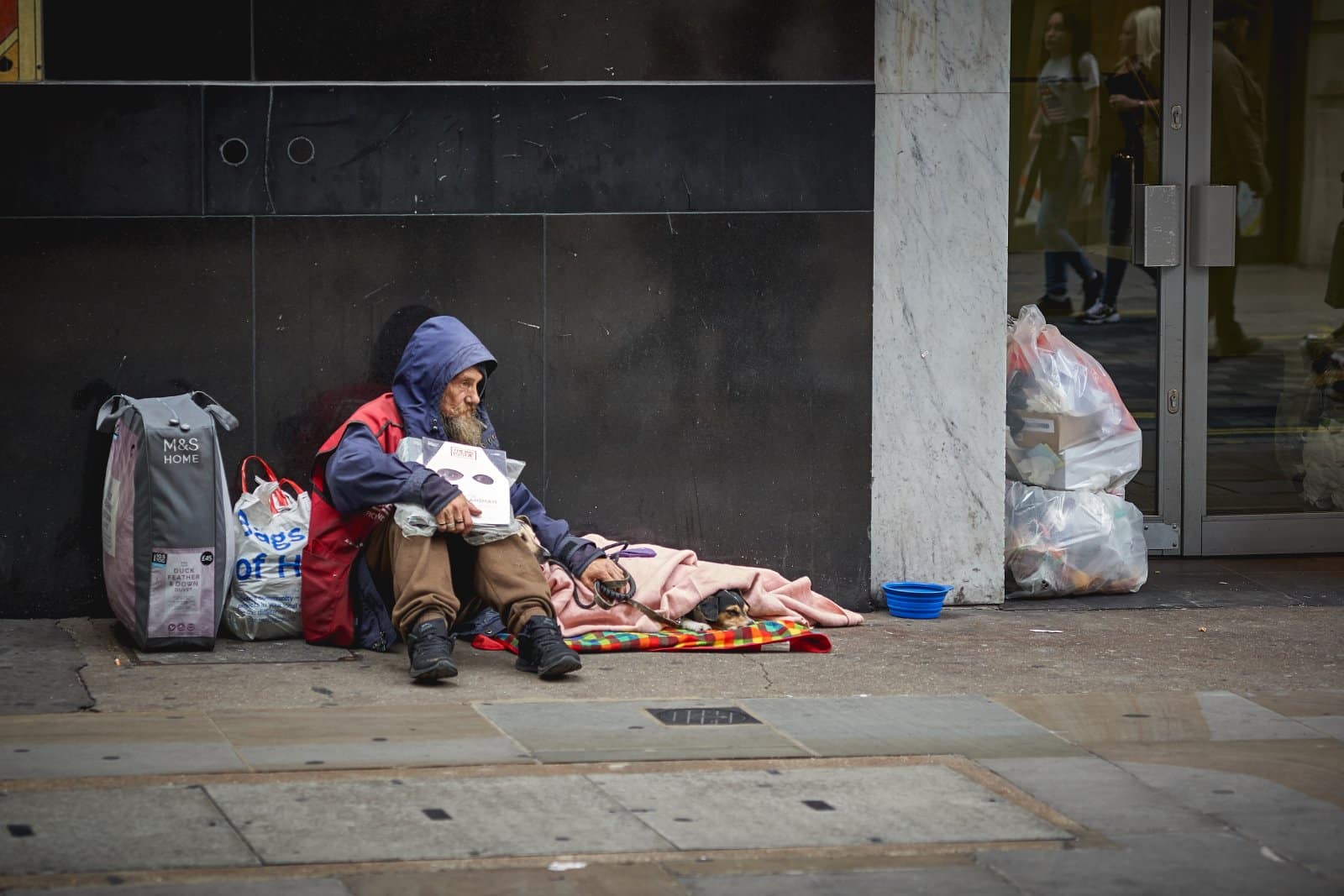
The report suggested that “almost five billion people globally have become poorer,” since 2020 while the billionaires doubled their wealth.
Davos Summit Reflection
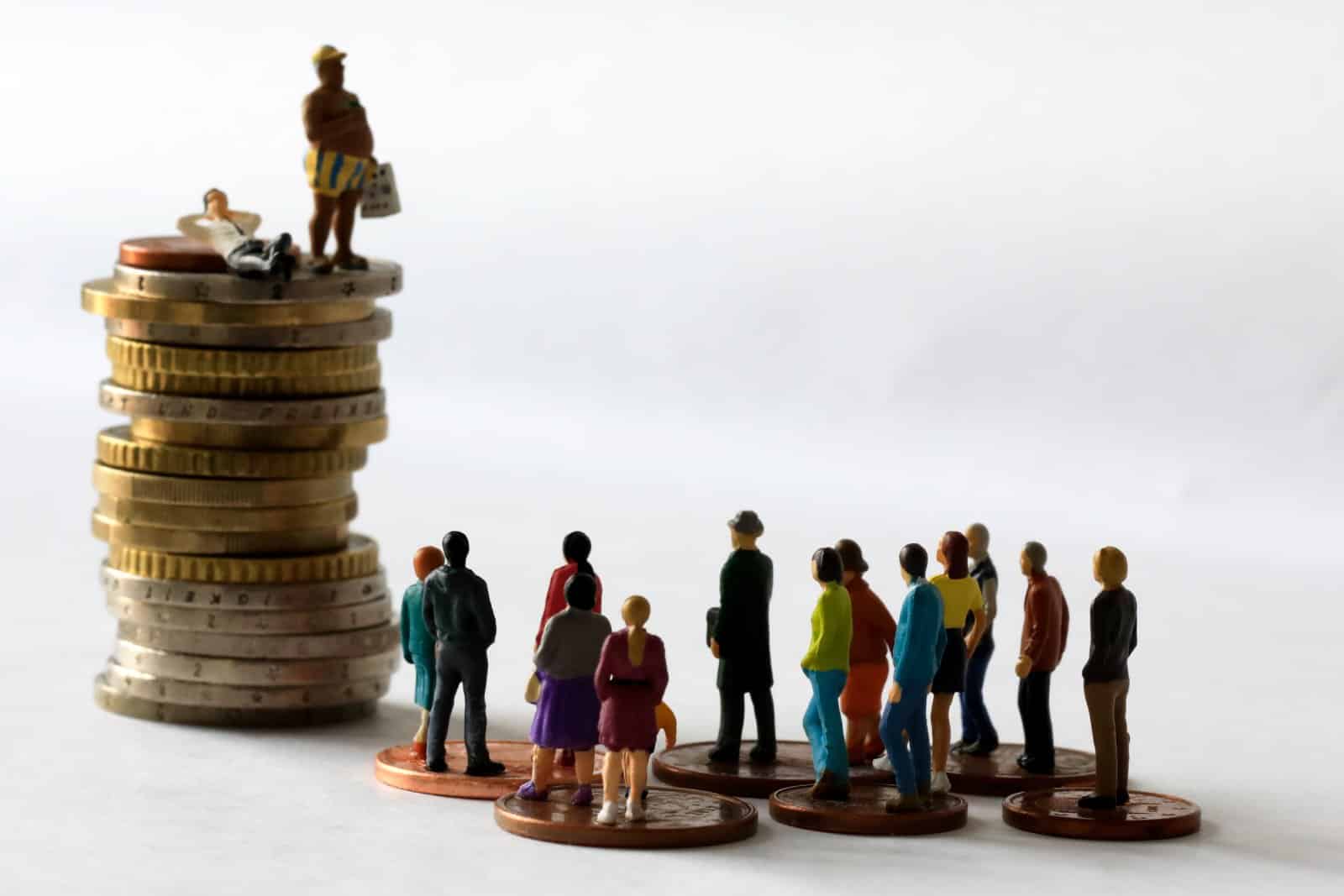
As political leaders and billionaires convened in Davos, Switzerland, the report predicted a further exacerbation of the wealth gap.
UN’s Poverty Goal
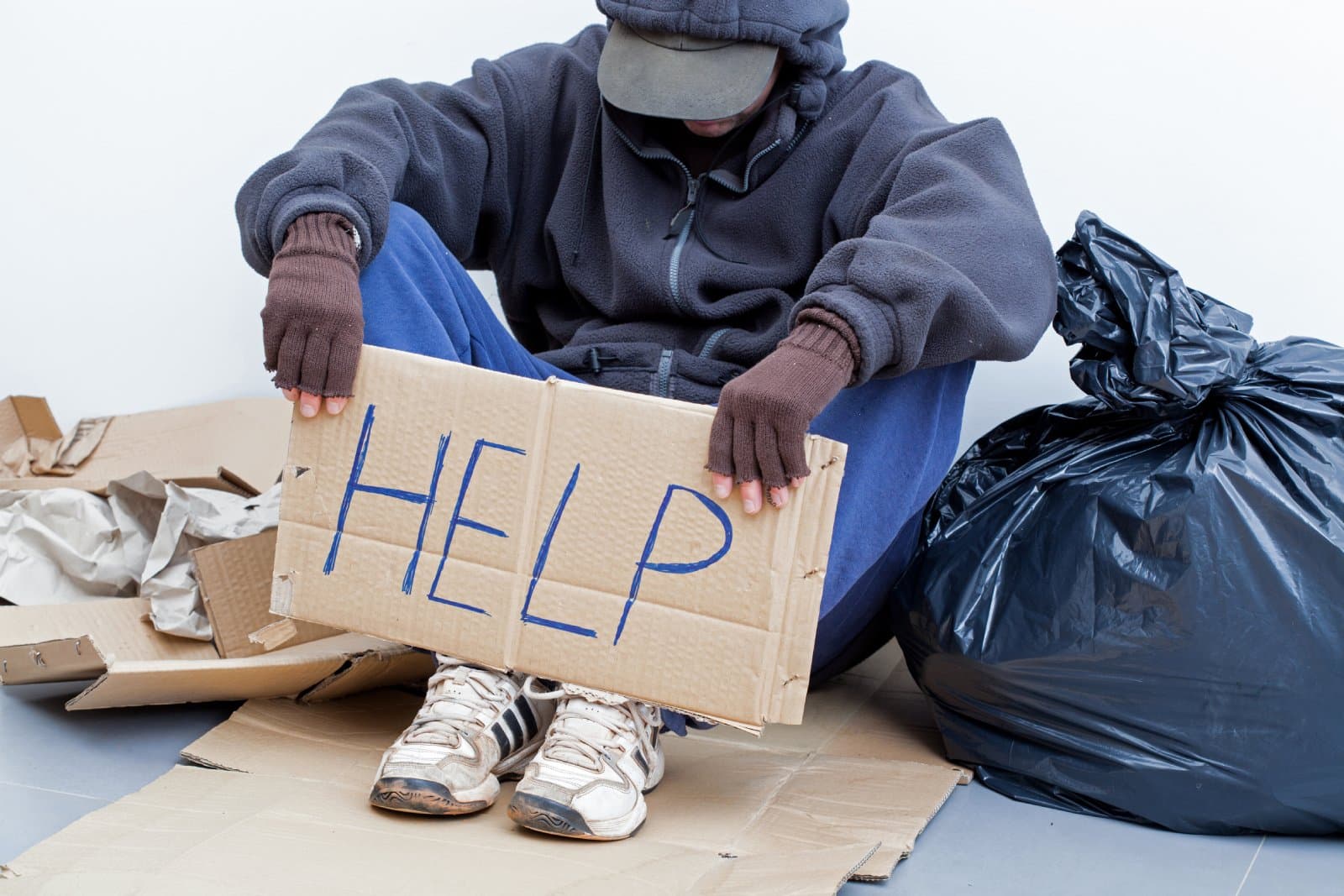
Organizations such as the UN set itself a slightly optimistic Sustainable Development Goal 1 where it aimed to end world poverty by 2030.
Prolonged Poverty Forecast

Oxfam warned that global poverty eradication might take another 229 years if current trends persist.
Pandemic’s Unequal Impact

During the Covid pandemic, the report noted that billionaires’ wealth surged by $3.3 trillion, outpacing inflation.
US Poverty Crisis

In the U.S., as of 2020, poverty had struck 11.4% of the population, the equivalent of around 37 million people.
Corporate Influence

A report conducted by Inequality Inc. revealed that 70% of major corporations have a billionaire as CEO or principal shareholder.
Billionaires’ Financial Surge

Data from Wealth X and Forbes showed the combined wealth of the top five billionaires increased by $464 billion, a staggering 114% rise.
Contrast With the Global Majority

During the same period, the wealth of the poorest 60% of the world’s population dropped by 0.2% in real terms.
Global Workers’ Plight

The report depicted a harsh reality for workers worldwide, with average real wages falling for 800 million workers across 52 countries.
Staggering Loss for Workers

The report noted, “These workers have lost a combined $1.5tn over the last two years, equivalent to 25 days of lost wages for each worker.”
Corporate Profits Soar
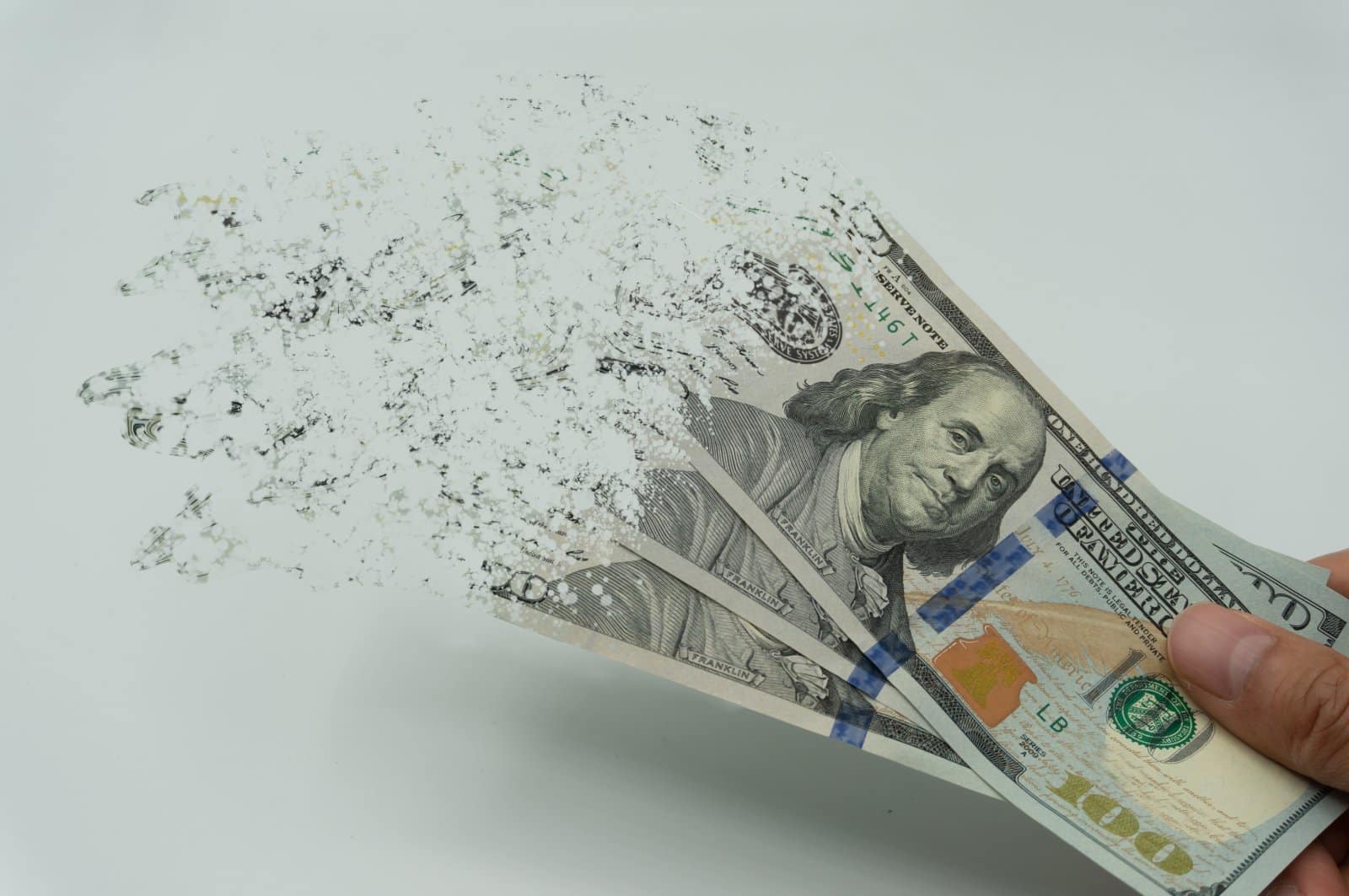
While workers face wage declines, 148 major corporations recorded a 52% increase in net profits, totaling $1.8 trillion.
Wealth Gap Leads to Lower Life Expectancy

In a separate report conducted by the Journal of the American Medical Association, the richest 1% of American men lived an average of 14.6 years longer than the poorest 1%.
Urgent Call for Wealth Tax
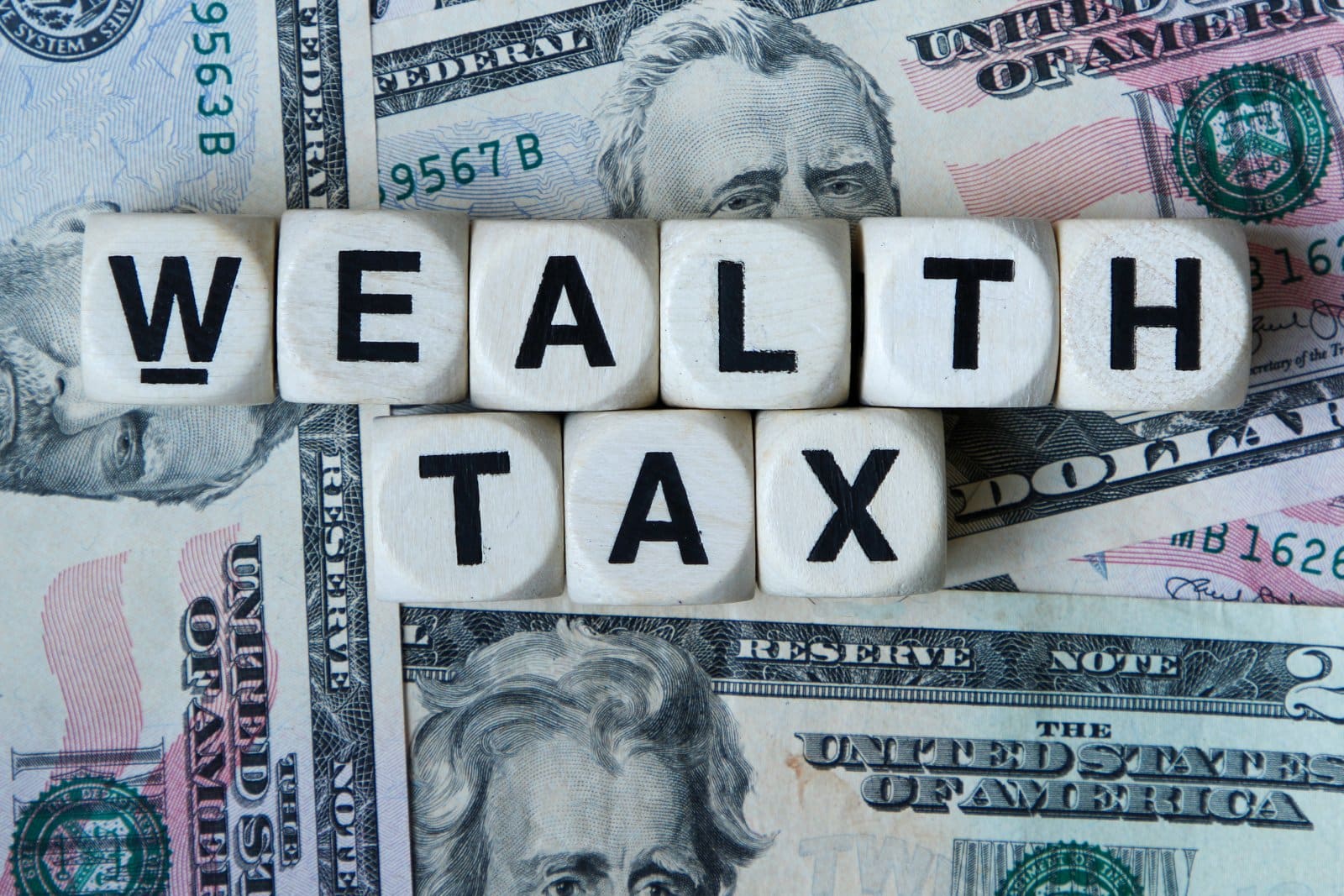
Oxfam called for a wealth tax to address the imbalance, proposing that a 1-2% levy on British millionaires and billionaires could generate £22 billion annually.
Ignoring Our Own Peril

“We ignore at our peril the role of monopoly power in redistributing wealth to the top,” said Oxfam America’s economic and racial justice director, Nabil Ahmed.
Oxfam’s Call for Government Intervention

“Governments must intervene to break up monopolies, empower workers, tax these massive corporate profits and, crucially, invest in a new era of public goods and services,” Oxfam said in a statement.
Bridging the Gap

Numerous research into the wealth gap revealed that it’s only getting worse while revealing links to lower life expectancy, showing that governments across the world must act to bridge it.
More From Frugal to Free…
U.S. Budget Breakthrough: A Huge Step Forward Amidst Looming Shutdown Threat
Will Easing Inflation in America Continue?
The post World’s Poorest Lose $1.5 Trillion as Top 5 Billionaires Double Wealth in 2023 – Calls Rise for Fair Share first appeared on From Frugal to Free.
Featured Image Credit: Shutterstock / UfaBizPhoto.
The content of this article is for informational purposes only and does not constitute or replace professional financial advice.
